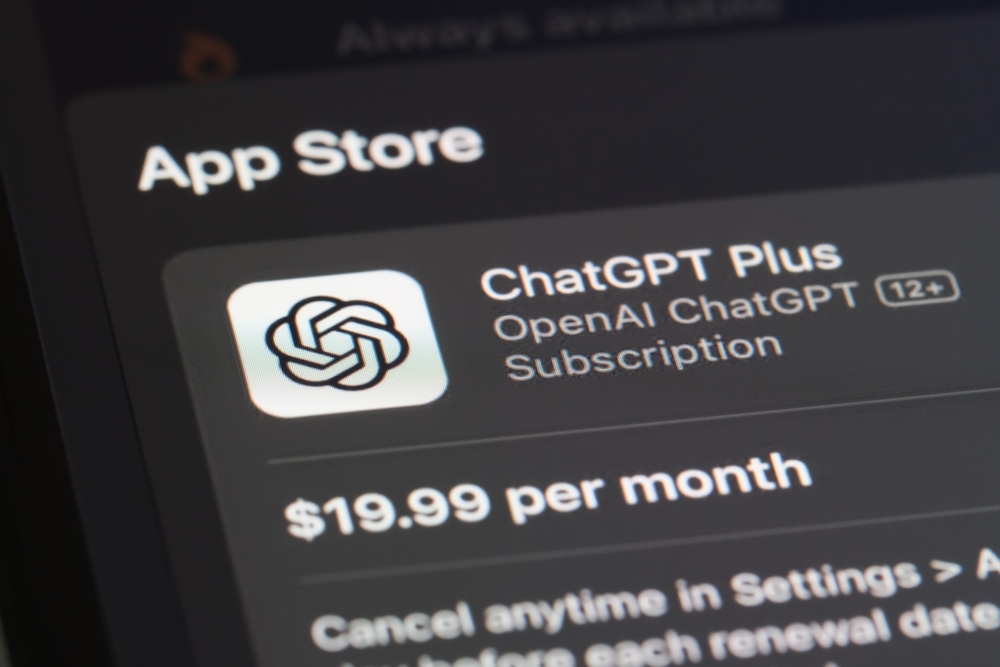OpenAI has accused The New York Times of engaging in questionable practices, alleging that the renowned publication “paid someone to hack OpenAI products like ChatGPT to mount a lawsuit” against the leading AI maker.

Disputed Generation of Content
In the lawsuit, OpenAI highlights a claimed “100 examples” where a specific version of its GPT-4 model generated paragraphs of Times content. OpenAI asserts that these instances do not accurately represent how ordinary users utilize ChatGPT. The Times counters this argument, contending that it took “tens of thousands of attempts” to generate such results, exploiting a bug that OpenAI is now committed to rectifying.
Real-World Use of ChatGPT
Contrary to The Times’ allegations, OpenAI emphasizes that ChatGPT is not intended as a substitute for a New York Times subscription. In the real world, users do not employ ChatGPT or any other OpenAI product for the purpose described in the lawsuit, as it is not a viable means of voluntarily obtaining Times articles.
OpenAI’s Motion to Dismiss
OpenAI has filed a motion seeking the dismissal of most claims put forth by The Times. The company argues that allegations of direct copyright infringement, contributory copyright infringement, violation of the Digital Age Copyright Act, and misappropriation are “legally untenable.”
If OpenAI’s motion prevails, only trademark infringement lawsuits may remain. Conversely, if The Times succeeds, OpenAI could potentially face severe consequences, including the removal of ChatGPT and a need to start anew, as reported by ArsTechnica.
